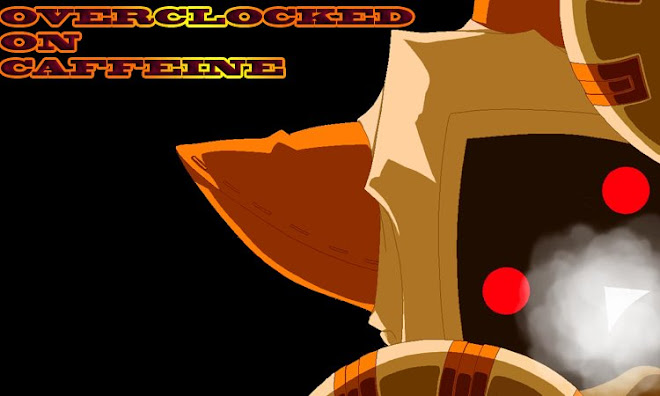Gilgamesh
26 30-minute episodes
Gilgamesh/Enkidu OTP?
Fifteen years after a terrorist attack that has wiped out electronic equipment worldwide and turned the sky into an electromagnetic mirror, a brother and sister are on the run. They run into a group of teens who offer to help them escape their pursuers if they agree to join them. Their cause? A war to cleanse the earth of humanity and usher in a new age. And the teens, a group known as Gilgamesh, have psychic powers, are capable of transforming into monstrous beasts, and are just the ones to step into the gap left over. Needless to say, the siblings are somewhat reluctant to join. Not just because they're not interested in the whole genocide business, but because their father is the leader of Gilgamesh. And the one who unleashed the catastrophe on the world to begin with. So when they're rescued by a second group of psychic teens, these ones lead by the harshly authoritative Countess of Werdenberg, it's hard to know which side to take, and the pair are forced to decide where they belong.
Okay, first things first, this is a hard show to watch. I'm a man who likes his stylized character designs and artwork, but even I had a hard time warming to this one. The palette is muted and washed out for the overwhelming majority of the series, the main flashes of colour coming from the red stripes on one character's jacket and the red dresses worn by the female members of Gilgamesh. When we finally see the blue sky it carries with it some measure of impact. According to at least one character, who has never known anything but a mirrored sky, it's 'creepy'. Given the events that transpire soon after, she's not entirely wrong in her unease.
The character designs are what takes the most getting used to though. Frankly, everyone in it looks like a strung-out heroin addict. Doesn't help that one of the psychics is constantly pestering the others for a quick boost every ten minutes. Once you get used to them, they make a refreshing change to the standard saucer-eyed moeblobs infesting the majority of modern output, but it's going to put a hell of a lot of people off within the first few episodes, I can assure you of that much.
It's not just the artwork though, everything about this show is weird. There's an unsettling atmosphere throughout. Background music is used sparingly, though Beethoven's Emperor Concerto, a strangely melancholy piece, is referenced frequently. Characters act... well, they act. It's not like the voice actors are wooden or anything, but I was left with the odd impression that the characters themselves were just playing roles, acting as the plot dictates. Like I say, it's a weird feeling, but I'll be damned if I can tell you what it means.
In the end, there are no happy endings. How could there be in a show such as this. But the very end takes it just that little step further and all but says that, when you get down to it, none of it really meant much anyway. It's yet another attempt at an Evangelion-style metaphysical ending (man, I've really been watching a lot of shows like that, huh?), and while not as hamfisted as, say, Blue Gender's, which came right the fuck out of nowhere, it renders the last 25 episodes moot. Nothing is accomplished, except a whole lot of people are now dead. And in the final frames, it all but outright states that it wasn't worth it anyway.
As I said earlier, Gilgamesh is a tricky one to get into. If the drab colour scheme doesn't put you off, then the character designs will, and if the character designs don't, then some element of the story probably will. Don't get me wrong, it's a good show, and despite what I said about the ending, it does work, though that's more than likely to piss a few of you off. It's the story of a broken world slowly winding down, but refusing to admit it.
Perfect Autumn fare if you ask me.
Sunday, August 30
Subscribe to:
Post Comments (Atom)




No comments:
Post a Comment